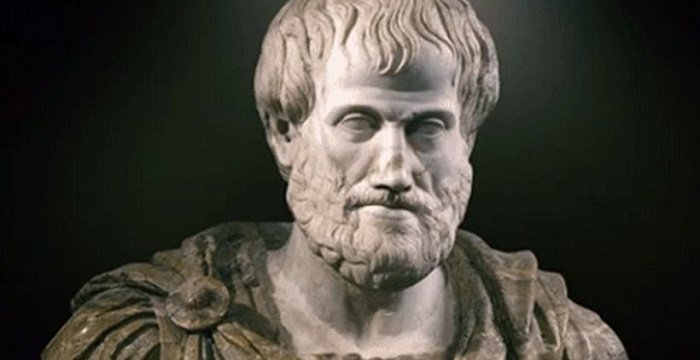By Brewer Eberly and Brian Mesimer
“What is the chief end of man?” Many Reformed evangelicals will recognize this as the opening question of the Westminster Shorter Catechism. Christians may be surprised to learn that it is the same question which concerns Aristotle at the opening of Nicomachean Ethics.
Login to read more
Sign in or create a free account to access Subscriber-only content.
Topics:
